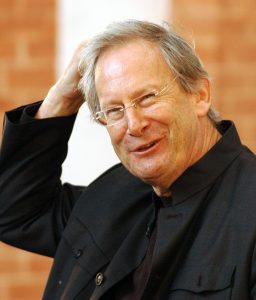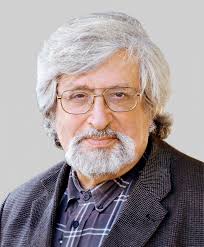
In the course of answering a question last week
The debate over “historically informed performances” (HIP) (or “authentic performances” or “period instrument performances”) is not a new one, but it’s worth revisiting, if only to allow me to add my point of view which, as you will soon enough realize, is not just the correct point but the one that matters most. (Yes, I have just spread my legs and said, “kick me”; keep reading, please.)
The debate began during the second half of the twentieth century, when a movement emerged bent on performing music as it presumably had been performed at the time it was composed. To varying degrees, this meant using original instruments (or new instruments constructed on the lines of period instruments); proper numbers of instruments; using historically “correct” concert pitch (for example, A=415 for Baroque music rather than the modern A=440); and stripping away centuries of accumulated practice regarding everything from tempo and dynamics to bowings and phrasing.
As recording technology didn’t exist until the very late nineteenth century, any attempt to “recreate” historic performance practice must be based on surviving imagery, written descriptions, careful analyses of the music itself and original manuscripts and publications where available, and informed guesswork.
Guesswork. There’s the rub. The claims of “authenticity” by proponents of HIP should be modified to read “attempted authenticity.” The fact that most practitioners of HIP will gladly admit to guesswork has not stopped certain more rabid members of the academic community from rejecting their attempts entirely. For example, the pathologically curmudgeonly Richard Taruskin writes (with his typical, self-congratulatory “look what I figured out” phraseology):

“What we had been accustomed to regard as historically authentic performances, I began to see, represented neither any determinable historical prototype nor any coherent revival of practices coeval with the repertories they addressed. Rather, they embodied a whole wish list of modern(ist) values, validated in the academy and the marketplace alike by an eclectic, opportunistic reading of historical evidence.”
To which we say suck eggs, Professor Taruskin. Because, in fact, the HIP movement, for whatever its flaws real or perceived, has offered up musical revelation after revelation, revelations for which I, as a professional composer, am hugely grateful.
See my revelatory recordings by John Eliot Gardiner, as well as what makes them so revelatory, on Patreon.com
Robert Greenberg Courses

How to Listen to and Understand Great Music, 3rd Edition
Price range: $349.95 through $599.95 Select options This product has multiple variants. The options may be chosen on the product page
Great Music of the 20th Century
Price range: $199.95 through $319.95 Select options This product has multiple variants. The options may be chosen on the product page
